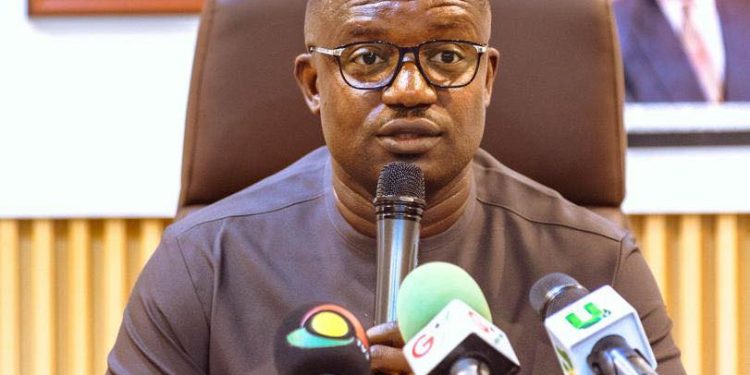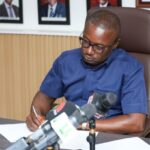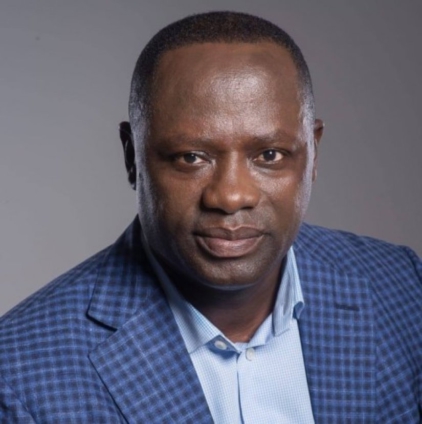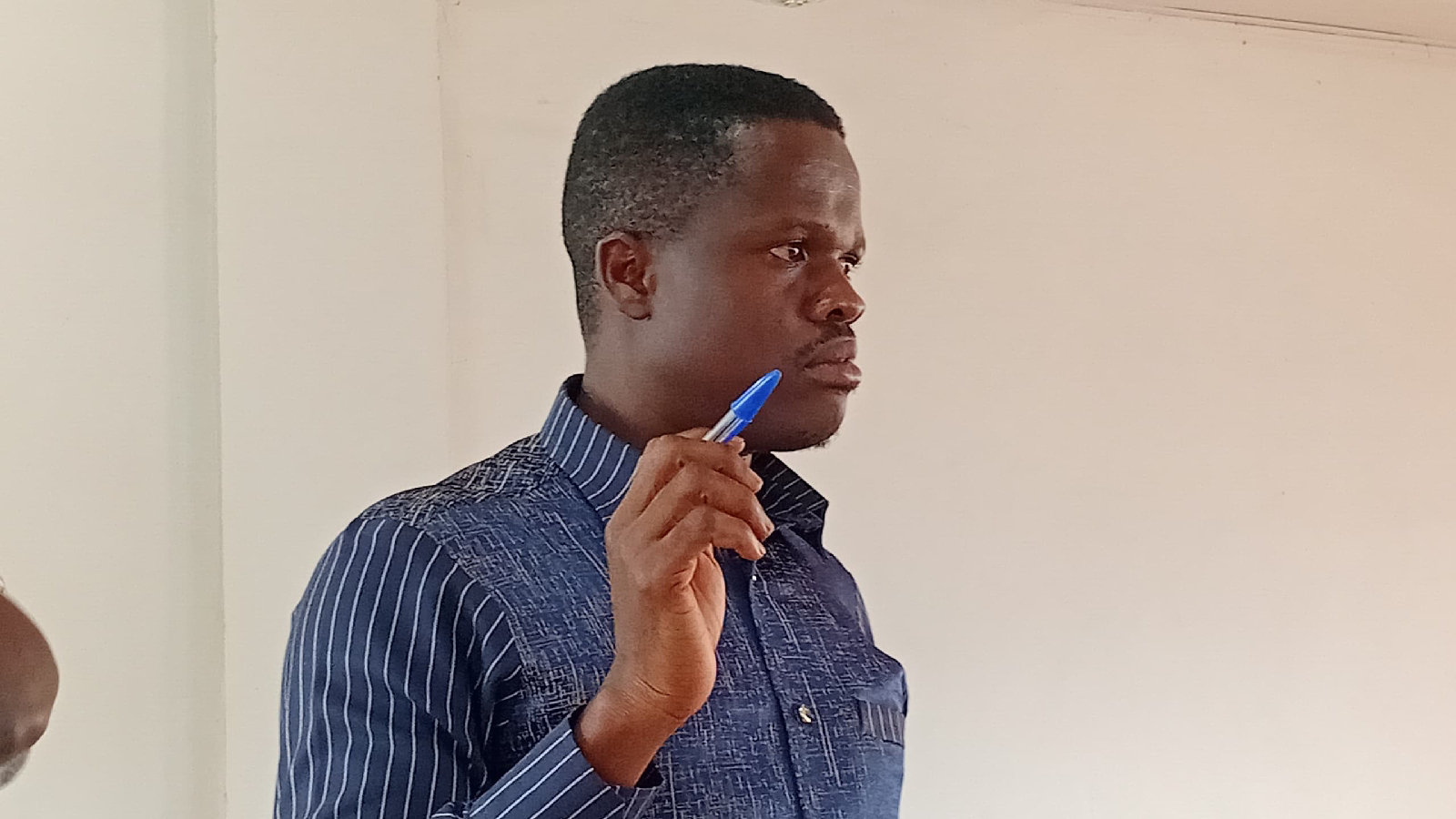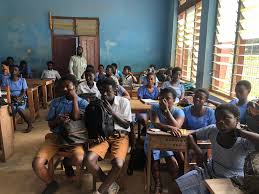Ghana’s Energy and Green Transition Minister, John Jinapor, has revealed that the government is renegotiating terms with Independent Power Producers (IPPs) to tackle a mounting $3 billion energy sector debt and ensure long-term stability in power generation.
Speaking at a high-level forum on Ghana’s energy future, organised by the Africa Centre for Energy Policy (ACEP) and the Open Society Foundation, Mr Jinapor said that initial challenges in his tenure included threats of power shutdowns from IPPs due to unpaid arrears.
“When I look at the bill, I say, ‘How much do we owe the IPPs?’ They said $1.7 billion. But how much do we owe the whole sector in terms of power generation? They said $3 billion,” Jinapor said.
The scale of the financial strain, he said, left him initially overwhelmed. “I got a bit demoralised… even if we were to double the tariff, you’d still have those challenges. The beginning was very tough.”
However, the Minister expressed renewed optimism, noting that careful reforms, improved coordination, and renegotiation of contracts could reverse the trend.
“We started working, and I can say, looking at where we were and where we are today, we have made significant progress,” he said. “If we can keep on that trajectory, I am very sure we can turn around the corner.”
Central to this effort is a renegotiation process led by Benjamin Boakye, Executive Director of ACEP, who is working alongside government officials to secure more favourable contract terms with IPPs.
“We believe that under the leadership of Ben and co, who are spearheading that agenda for us, we will be able to come to some very favourable terms with the IPPs so that we can have a win-win situation,” Jinapor added.
He linked the success of the energy sector to Ghana’s broader development goals, insisting that reliable and affordable energy is vital to achieving economic transformation.
“My understanding of economic transformation is that we want to anchor the economy. We want to set it on a sound footing so that there is long-term sustainability in terms of the gains that we make.”
The event, themed “Addressing Ghana’s Energy Sector Challenges for Economic Transformation,” brought together key policymakers, experts, and civil society actors. Many attendees praised the open dialogue and the government’s willingness to confront longstanding issues.
While challenges remain, Jinapor’s remarks signalled a commitment to transparency and reform in one of Ghana’s most critical sectors, a move observers say could determine the country’s economic trajectory in the years ahead.
